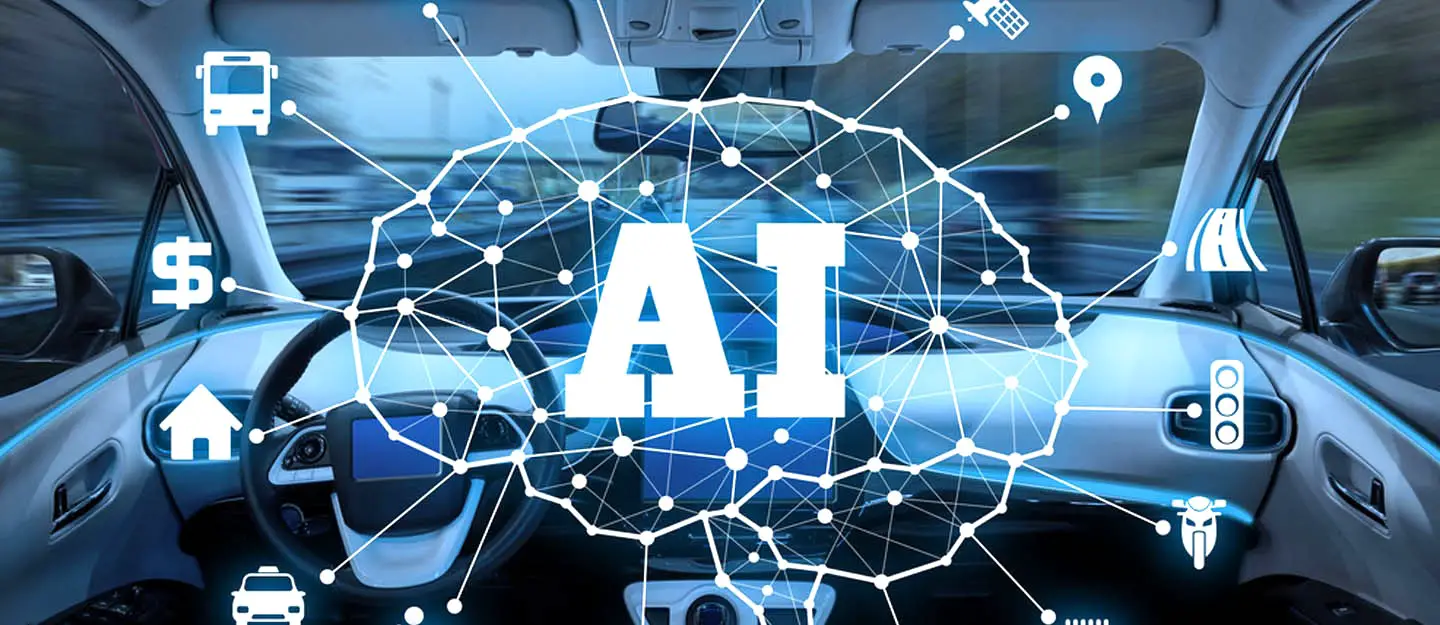Autonomous Vehicles: In an ever-evolving world of technology and innovation, the automotive industry is at the forefront of change. Electric and autonomous vehicles are revolutionizing the way we think about transportation. With remarkable advancements in these technologies, we find ourselves on the brink of a transportation revolution that promises to reshape the way we move from place to place. In this article, we’ll explore the future of electric and autonomous vehicles, their impact on society, and the driving forces behind this transformative journey.
The Rise of Electric Vehicles
A Sustainable Future
Electric vehicles (EVs) have been gaining momentum for several reasons, one of the most prominent being their environmental benefits. With a growing concern for climate change and emissions reduction, EVs have emerged as a more sustainable and eco-friendly alternative to traditional internal combustion engine vehicles.
EVs produce zero tailpipe emissions, significantly reducing air pollution and greenhouse gas emissions. They are powered by electricity, which can be generated from renewable sources like solar and wind, further reducing their carbon footprint. This transition to EVs aligns with global efforts to combat climate change and transition towards a more sustainable future.
Advancements in Battery Technology
One of the key driving forces behind the adoption of electric vehicles is the continuous improvement in battery technology. Over the years, we’ve seen substantial advancements in lithium-ion batteries, making them more energy-efficient, durable, and affordable.
With increased energy density, EVs can now travel longer distances on a single charge, alleviating the range anxiety that once hindered their widespread adoption. Additionally, faster charging infrastructure is being developed, reducing charging times and making EVs more convenient for everyday use.
Lower Operating Costs
Electric vehicles are known for their cost-efficiency. While the initial purchase price may be higher than traditional vehicles, the long-term cost savings are significant. EVs have fewer moving parts, which means lower maintenance costs. Furthermore, electricity is generally cheaper than gasoline, resulting in substantial savings over time.
The Autonomous Driving Revolution
Safety and Convenience
Autonomous vehicles, often referred to as self-driving cars, are another game-changer in the automotive industry. These vehicles have the potential to transform transportation by enhancing safety and convenience.
Self-driving cars are equipped with advanced sensors and artificial intelligence (AI) systems that can detect and respond to their surroundings in real time. This technology can significantly reduce the number of accidents caused by human error, as autonomous vehicles don’t get distracted, tired, or impaired.
Increased Mobility
Autonomous vehicles also promise to increase mobility for people who are unable to drive due to age, disabilities, or other factors. This technology has the potential to offer newfound independence and transportation solutions for millions of individuals worldwide.
Reduction in Traffic Congestion
Imagine a world where traffic congestion is a thing of the past. Autonomous vehicles can communicate with each other and optimize traffic flow, reducing gridlock and travel time. This not only makes our daily commute more pleasant but also enhances fuel efficiency.
The Synergy of Electric and Autonomous Vehicles
As we look to the future, it’s important to recognize that the convergence of electric and autonomous technologies is a powerful force. Electric vehicles are ideally suited for autonomous driving due to their quiet, efficient, and low-emission operation. The combination of these technologies can result in an even more sustainable and efficient transportation system.
For example, electric autonomous ride-sharing services can offer cost-effective, environmentally friendly transportation solutions that reduce the need for personal vehicle ownership. This can further reduce urban congestion, emissions, and the overall environmental impact of transportation.
Conclusion
The future of transportation is undoubtedly electric and autonomous. As technology continues to advance, we find ourselves on the cusp of a transformative era in how we move from place to place. Electric vehicles offer a sustainable and eco-friendly alternative, while autonomous vehicles promise enhanced safety, convenience, and mobility. The synergy of these technologies can reshape our world, making transportation more efficient and environmentally friendly.
